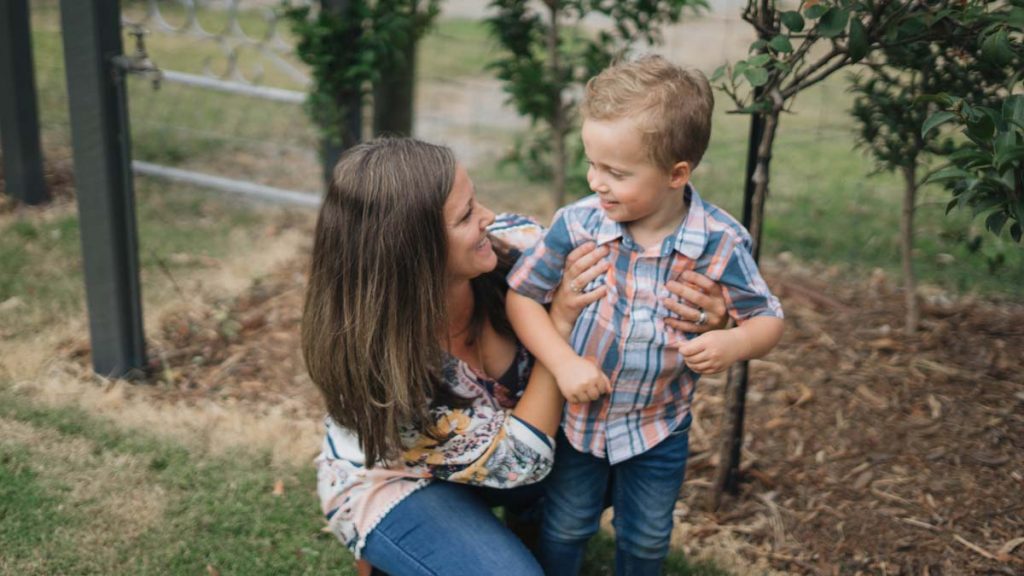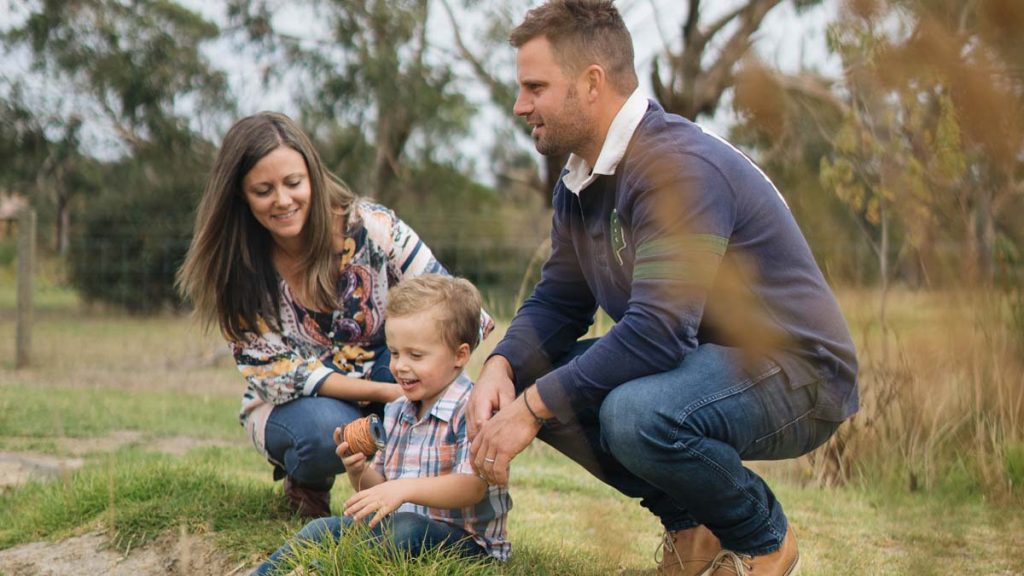By Stefanie Poole
Pregnancy and birth are more than a physiological experience. Preparing mentally and emotionally for parenthood is one of the most important things you can do. Your mind is incredibly powerful and can have a profound effect on your body, your identity, how you birth, parent, and connect with your community.
We ALL have mental health and research shows the importance of cultivating positive mental health for ourselves and our families.
So, why is it that more families are not adequately prepared for the mental, emotional, and spiritual aspects of pregnancy, birth, and beyond?
What we know;
- Up to 1 in 3 mums experience the birth of their baby as traumatic (panda.org.au)
- Suicide is one of the leading causes of maternal death in Australia during pregnancy and the 12 months following birth (panda.org.au).
- Up to 1 in 10 women struggle with antenatal (before giving birth) depression and more than 1 in 7 new mums experience postnatal depression. (panda.org.au)
- 1 in 5 Australian mothers are not receiving critical perinatal (from conception of a child through to the first year after birth) mental health checks (QLD Study in the Australian and New Zealand Journal of Public Health).
With statistics such as these, it’s clear that maternal mental health is a public health issue that affects not only women and birthing people, but also their children, families, and communities.
It’s time we start supporting families to create and maintain mental wellness. One way to begin is with mental wellness planning.
What is a Mental Wellness Plan?
A Mental Wellness Plan will help you identify how, who, and what you will need to maintain mental wellness through pregnancy, birth, and beyond. It’s a proactive approach to maintaining your mental health and wellness and is a guide for helping you prepare for any mental health issues before they arise. It does not replace, but rather complements, your birth plan. Your Mental Wellness Plan can be shared with family, friends, and health care providers; allowing them to better support you.
Who should create a Mental Wellness Plan?
- Parents wanting to gain more knowledge, awareness, and strategies for maintaining mental wellness during parenthood.
- Anyone who has experienced mental health issues prior to pregnancy or are currently struggling mentally and emotionally.
- Anyone who would like a deeper understanding of their mental and emotional health.
When to create your Mental Wellness Plan?
Ideally, mental wellness planning should start at preconception or during pregnancy. However, it is never too late to start. Similar to a birth plan/preferences, your mental wellness plan will help you voice your desires and wishes as they relate to your mental and emotional health.
What to consider in your Mental Wellness Plan:
- Explore your unique definition of mental wellness.
- Your plan to stay mentally and emotionally healthy during your parenting journey.
- How you will care for yourself so you can care for your baby (i.e. sleep, nutrition, self-care, time for yourself, rest, setting boundaries, exploring expectations of self and others.)
- Possible risk factors for perinatal mental health issues such as; previous history of mental illness, history of trauma, limited supports, living away from family or home country, loss of a child through stillbirth, miscarriage or other circumstances, challenges with infertility.
- What resources are available to support your mental health and how to access them.
- What types of supports will you need to create and maintain mental wellness for yourself and your family.
- What has worked, and not worked, for you in the past with regard to mental health support.
- What you look and feel like when you’re at your best mentally and emotionally.
- What you look and feel like when you’re not at your best mentally and emotionally.
- Strategies you can use to stay mentally healthy.
- A mental health safety plan if you have experienced a mental health crisis.
- Your mental health rights and how you can voice them.
How to create your Mental Wellness Plan?
- The first step is to commit to your mental wellness and clarify the meaning of mental health and wellness for you and your family.
- Explore your answers to the above prompts which will help you begin to create your plan.
- If you have a supportive family member, friend, or health care professional, you can ask them to help you and share your needs and desires with them. Collaboration and communication with your birthing team is key.
- If you would like personalised one-on-one support to create your unique Mental Wellness Plan and gain more knowledge, awareness, and strategies for maintaining mental wellness during parenthood, get in touch. Head to www.stefaniepoole.com or check out my Birth Education For A Healthy Heart & Mind class to get started.

If any of the information in this article brought up any emotions for you, or you’re in need of support, please contact:
Lifeline 24hrs: 13 11 14
Beyond Blue 24 hrs: 1300 22 4636
Perinatal Anxiety and Depression Australia (PANDA) Mon-Fri 9am-7:30pm: 1300 726 306
Stefanie Poole is a Mental Health Doula™ who combines her many years of experience within the mental health field to bring birthing families innovative, holistic support with a specialised focus on mental and emotional health and wellbeing. She is the founder of Birth Education for a Healthy Heart & Mind ™ and Mumma Bees ™, Peer Support and Training for Birthing Families. She lives on the Mornington Peninsula with her husband, son, and fur babies.
You can connect with Stefanie here: www.stefaniepoole.com
Instagram: @the_stefanie_poole and @mumma_bees


